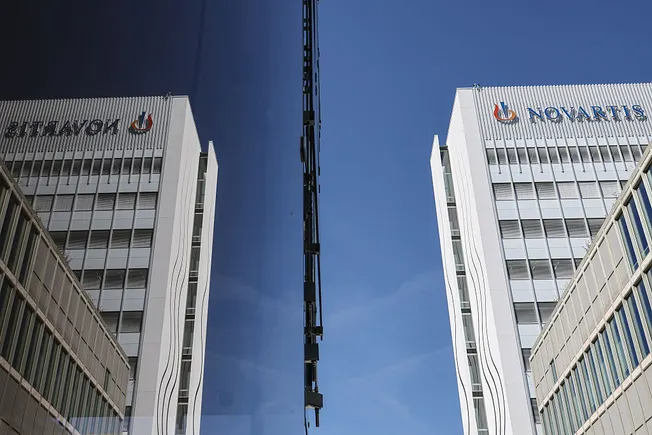Novartis Faces Challenges with Zolgensma Sales as Gene Therapy Market Struggles
Business was thriving for Swiss pharmaceutical giant Novartis in the second quarter of 2025, with a remarkable 11% net sales growth driven by the success of major drugs. However, one of the company’s “priority brands” is experiencing significant challenges, reflecting broader difficulties in the struggling gene therapy space.
Sales for Zolgensma, Novartis’ rare disease gene therapy for spinal muscular atrophy that was approved in 2019, have dropped by 17% compared to the same quarter last year, generating only $297 million in revenue. Initially launched as the most expensive treatment globally, Zolgensma was expected to achieve blockbuster peak sales potential. However, the company is now facing difficulties in attracting new patients to the therapy.
Zolgensma had a strong start following its FDA approval in May 2019, with net sales of $361 million that year. In 2020, its first full year on the market, the gene therapy nearly reached blockbuster status with $920 million in net sales. By 2021, it had achieved $1.35 billion in net sales. However, the trajectory began to flatten in 2022, with the therapy experiencing its first annual decline just four and a half years after launch.
In Novartis’ recent first-half earnings report, the company acknowledged the decline in Zolgensma sales, attributing it to a lower incidence of spinal muscular atrophy compared to the previous year, despite robust demand. Executives did not delve into specifics about the therapy during the analyst call.
As a gene therapy targeting a rare disease that predominantly affects children, Zolgensma has faced challenges in the market. Priced at $2.1 million as a one-time treatment, Zolgensma addresses a condition diagnosed in only 450 to 500 children in the US annually. Novartis is banking on potential approval for older patients to revive Zolgensma’s sales, with CEO Vas Narasimhan suggesting earlier this year that annual sales could surpass $3 billion. However, the landscape for spinal muscular atrophy has evolved over the years, with increased competition in the field.
Narasimhan has highlighted the importance of expanding into new geographies to attract new patients, with Zolgensma currently approved in over 51 countries. The company is banking on sales stabilization at around $1.5 billion until potential approval for older patients.
The gene therapy market, plagued by safety concerns, pricing issues, and a limited patient pool, poses significant hurdles for companies like Novartis and Sarepta. Both companies have invested heavily in gene therapy development, despite facing challenges. Novartis recently acquired gene therapy platform company Kate Therapeutics for $1.1 billion, aiming to enhance the efficacy of gene therapy treatments.
While Novartis and other companies in the gene therapy space continue to navigate challenges, the industry remains committed to advancing treatments for rare diseases. Despite the setbacks, efforts to innovate and improve gene therapy technologies are ongoing, with the ultimate goal of improving patient outcomes and addressing unmet medical needs in inherited neuromuscular diseases.


